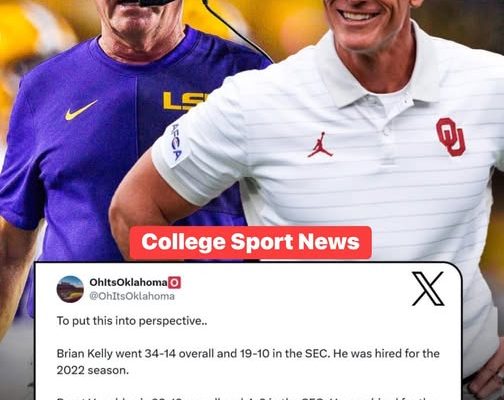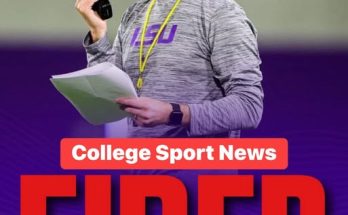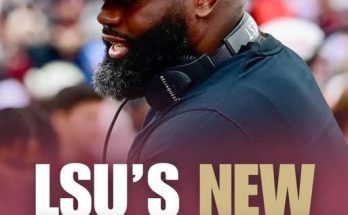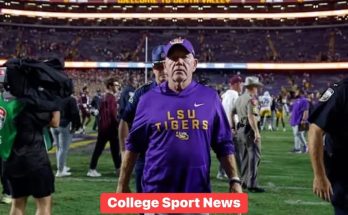In the ever-evolving landscape of college football, coaching tenures are often as precarious as they are prestigious. The recent midseason dismissal of Brian Kelly from LSU serves as a stark reminder of the high expectations placed on head coaches in elite programs. Kelly’s departure, following a significant loss to Texas A&M, underscores the pressure to deliver consistent success. As LSU navigates the aftermath, attention shifts to other prominent programs, notably the University of Oklahoma, where head coach Brent Venables finds himself under increasing scrutiny.
Venables, who took the helm at Oklahoma in 2022, inherited a program in transition. The Sooners’ 2023 season showed promise with a 10–3 record, but the subsequent 2024 season saw a decline, finishing at 6–7. The team’s performance in the Armed Forces Bowl, a narrow 21–20 loss to Navy, highlighted ongoing challenges. Despite a strong defensive showing, the offense struggled to capitalize on opportunities, raising questions about the team’s overall strategy and execution.
Heading into the 2025 season, optimism was tempered by the need for significant improvement. The Sooners started strong with a 6–1 record, boasting the nation’s top-ranked defense. However, a pivotal loss to Texas, followed by a home defeat to Ole Miss, has cast doubt on the team’s trajectory. The offense, led by quarterback John Mateer, has been inconsistent, with critical turnovers and missed opportunities in key moments. Venables has been candid about these issues, acknowledging the need for better performance from the quarterback position and emphasizing the importance of details in close games.
The mounting pressure on Venables is not solely due to on-field performance. Fan sentiment has shifted, with increasing frustration over repeated losses and unmet expectations. Analysts have noted that while Venables’ defensive prowess is evident, the inability to translate that into consistent victories has become a focal point. Comparisons to other programs, such as LSU, highlight the broader trend of impatience with underperforming coaches, regardless of their historical success.
As the season progresses, Venables faces a critical juncture. The upcoming games will be crucial in determining not only the Sooners’ postseason prospects but also the future of Venables as head coach. While the program has shown flashes of potential, the inconsistency displayed in recent losses raises fundamental questions about its direction. In college football, where success is often measured in championships and sustained excellence, Venables’ ability to adapt and lead the Sooners back to prominence will be under intense scrutiny.



